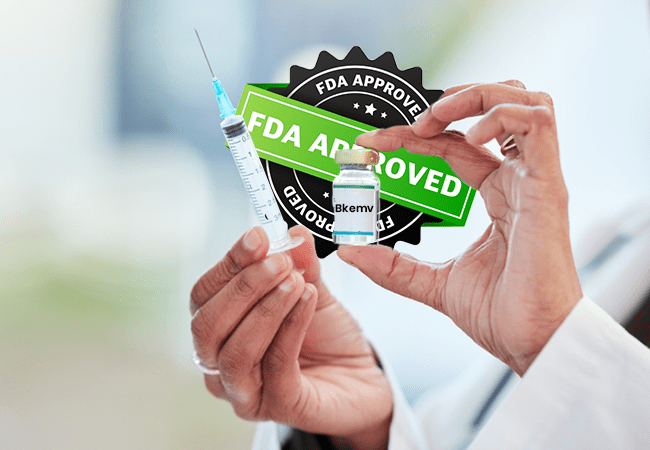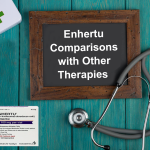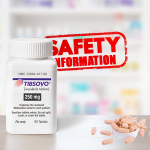May 28th, 2024: In a significant milestone for the treatment of rare diseases, the U.S. Food and Drug Administration (FDA) approved Bkemv (eculizumab-aeeb) as the first interchangeable biosimilar to Soliris (eculizumab). This approval is pivotal, as it provides new, potentially more affordable treatment options for individuals suffering from 2 rare, life-threatening diseases: Paroxysmal Nocturnal Hemoglobinuria (PNH) and Atypical Hemolytic Uremic Syndrome (aHUS).
Understanding Biosimilars and Interchangeability:
The biosimilars are biologic medicinal products that are highly similar to already approved reference products (in this case, Soliris) and have no clinically meaningful differences in contexts of safety, purity, and potency. Interchangeable biosimilars go a step further by meeting additional FDA requirements that allow them to be substituted for the reference medicinal product without the prescriber’s intervention, akin to how generic medicines are substituted for branded medicines.
The Impact of Bkemv’s (eculizumab-aeeb) Approval:
The medicine Bkemv (eculizumab-aeeb) is approved for the following treatment indications, which are also at present approved for Soliris (eculizumab):
- To treat patients with paroxysmal nocturnal hemoglobinuria (PNH) to decrease hemolysis; and
- To treat patients with atypical hemolytic uremic syndrome (aHUS) to block complement-mediated thrombotic microangiopathy.
Increased Accessibility and Affordability: The new approval of Bkemv as an interchangeable biosimilar promises to increase the accessibility and affordability of therapy for patients with PNH and aHUS. Both diseases are rare and require long-term, expensive treatment regimens. The introduction of a lower-cost alternative (Bkemv) can scale down the financial burden on patients and the healthcare community, making these life-saving medicines readily accessible to a broader patient population.
Clinical Implications: Paroxysmal Nocturnal Hemoglobinuria (PNH) is a rare blood disorder characterized by the destruction of red blood cells (RBCs), leading to numerous complications such as serious anemia, thrombosis, and organ damage. Atypical Hemolytic Uremic Syndrome (aHUS) is another rare disease that causes abnormal blood clotting in small blood vessels, leading to kidney failure and other critical health complications. With the availability of effective treatment options like Bkemv, patients with these rare conditions can readily manage their disease effectively without interruption due to cost or supply issues.
Benefits of Interchangeability:
- Enhanced Patient Confidence: The FDA’s designation of Bkemv as interchangeable with Soliris ensures patients and doctors can have confidence in its efficacy and safety, knowing it meets stringent regulatory standards.
- Simplified Prescriptions: Clinicians can substitute Bkemv for Soliris without requiring a new prescription from the doctor, streamlining the process for patients and potentially reducing administrative delays.
- Encouraging Market Competition: The approval of Bkemv is expected to raise competition in the market for biologics, driving innovation and potentially lowering prices even further over time.
Safety Profile:
The newly approved biosimilar Bkemv has the same safety warnings and is expected to have the same adverse reactions as previously approved Soliris.
The most frequently reported adverse reactions in the PNH randomized trial for Soliris with an incidence of ≥10% are:
- headache
- back pain
- nausea
- nasopharyngitis (common cold)
The most frequently reported adverse reactions in aHUS single-arm prospective trials for Soliris with an incidence of ≥20% are:
- headache
- diarrhea
- hypertension
- upper respiratory infection
- abdominal pain
- vomiting
- nasopharyngitis
- anemia
- cough
- nausea
- urinary tract infections
- fever
- swelling of lower legs or hands
The Future of Rare Disease Treatment:
The FDA’s latest approval of Bkemv (eculizumab-aeeb) as the first interchangeable biosimilar to Soliris (eculizumab) marks a significant moment in the treatment of PNH and aHUS. This approval not only increases treatment options for patients but also underscores the FDA’s commitment to increasing the availability of cost-effective, high-quality biosimilars. As more biosimilars achieve interchangeable status, the landscape of rare disease treatment is poised to become more dynamic and patient-friendly, which will ultimately enhance the outcomes and quality of life (QoL) for those affected by these challenging conditions.
Reference:
https://www.fda.gov/news-events/press-announcements/fda-approves-first-interchangeable-biosimilar-two-rare-diseases






